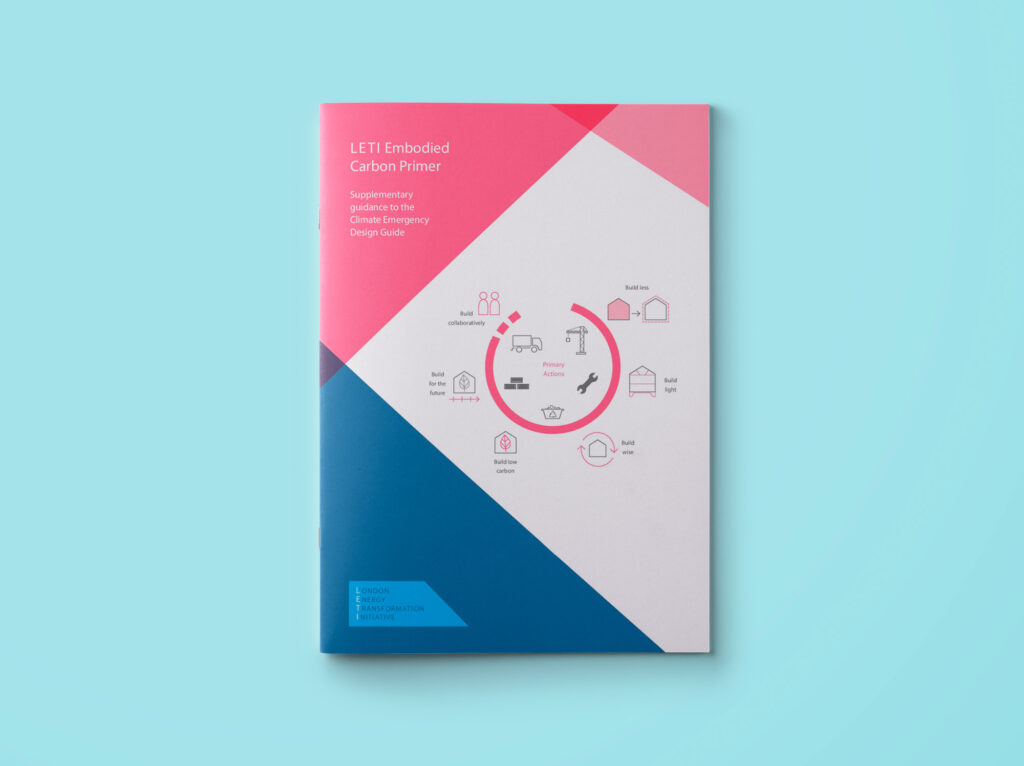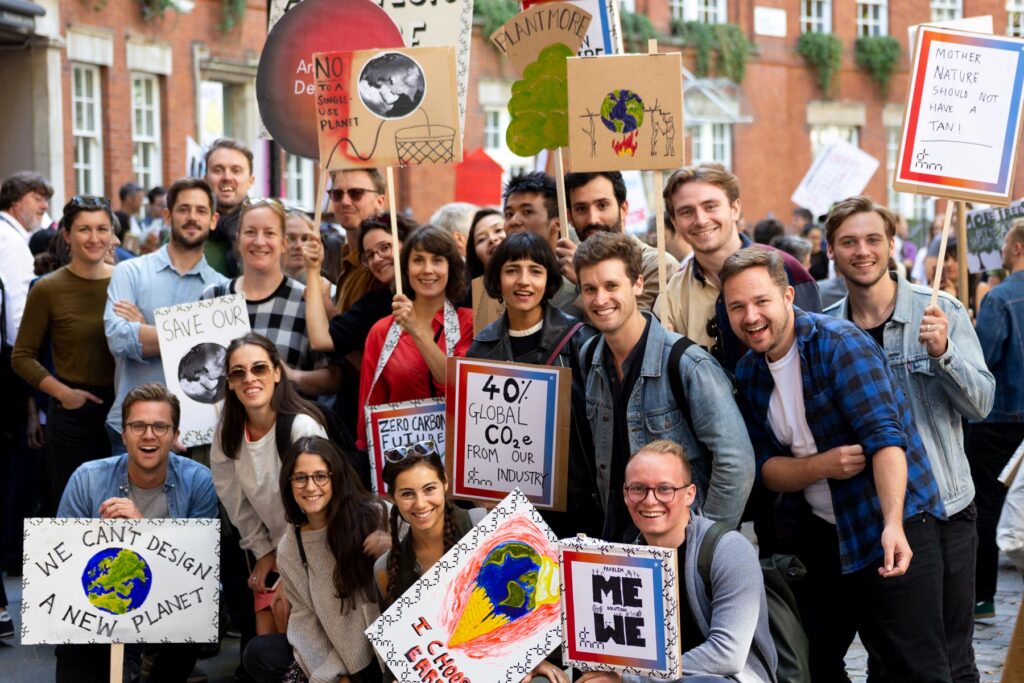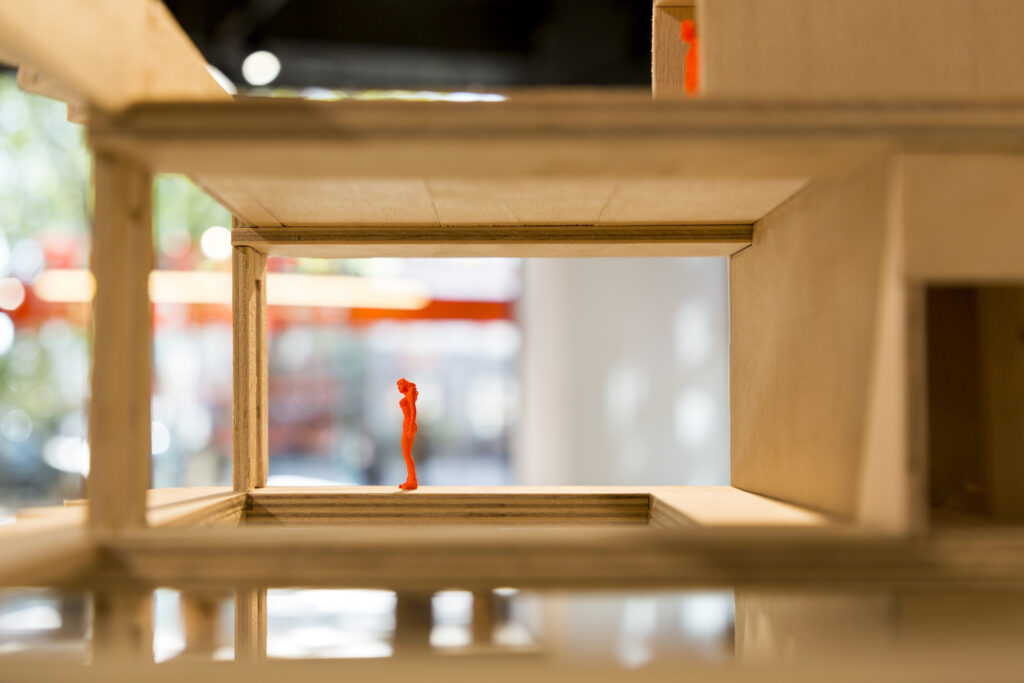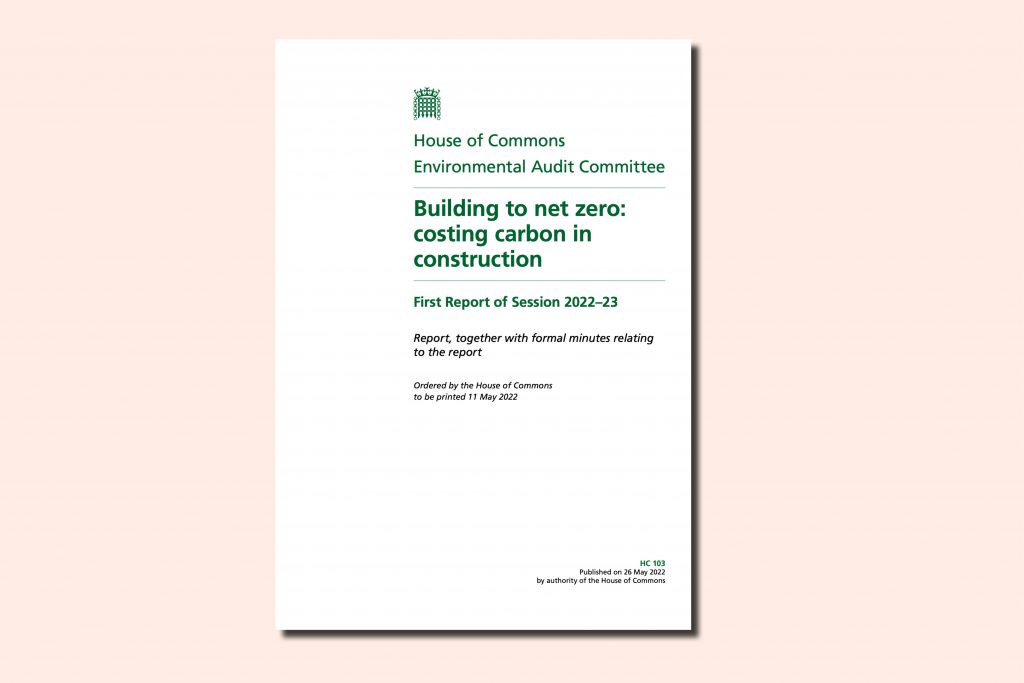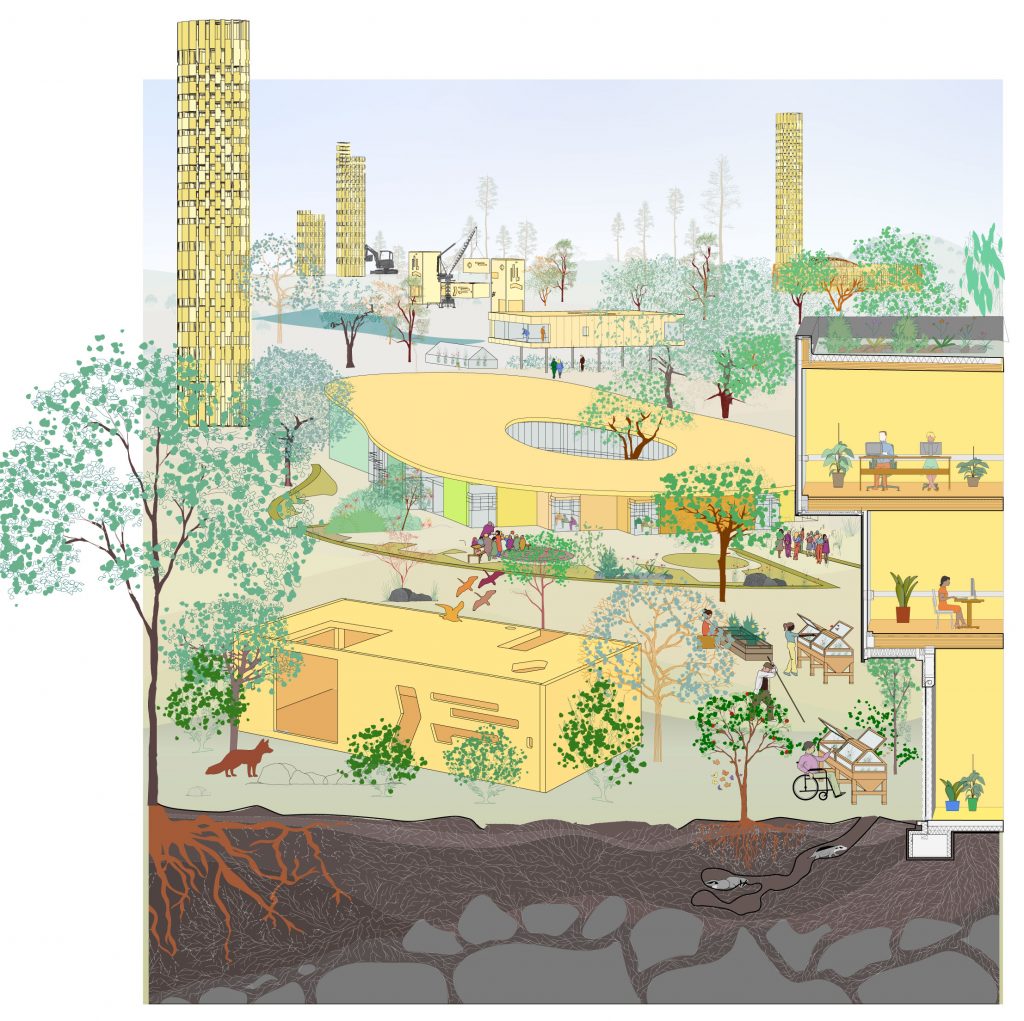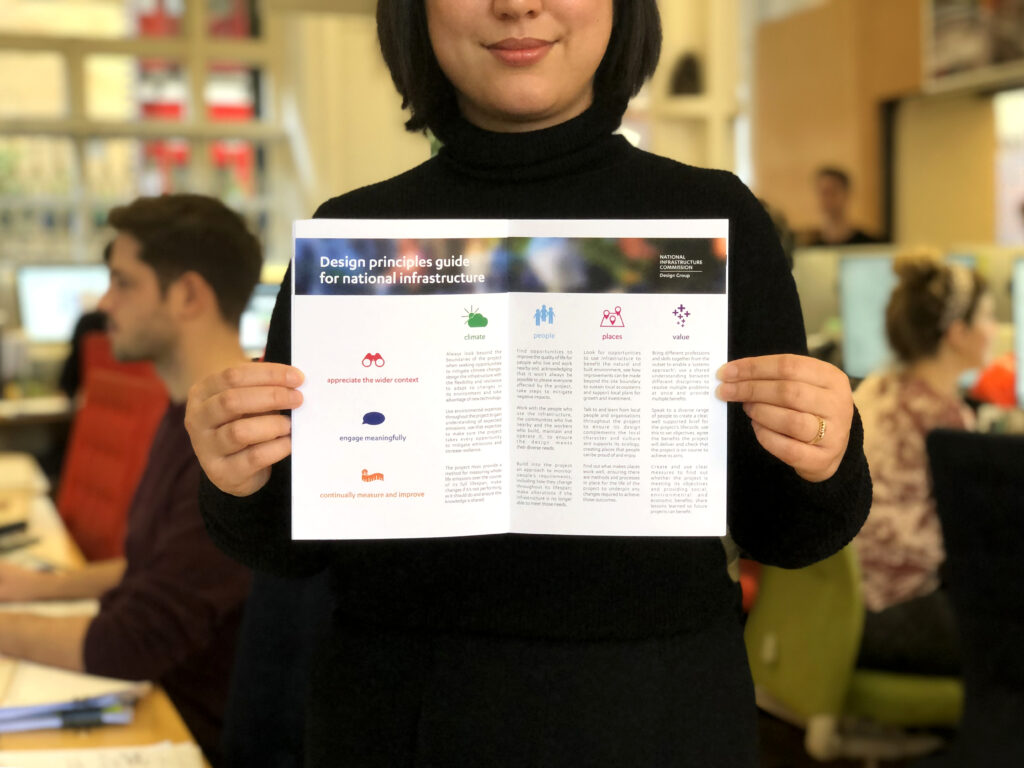The LETI Climate Emergency Design Guide sets out the approach, targets and benchmarks that developments in the UK need to achieve in order to meet Net Zero in operation. This gives a reference point to developers, planners, and consultants to define benchmarks for developments to achieve to ensure we meet climate change targets.
The LETI Embodied Carbon Primer gives supplementary guidance to the LETI Climate Emergency Design Guide, going into far more detailed support to those seeking to reduce embodied carbon in construction. Embodied carbon is the carbon emissions associated with producing a building’s materials, their transport and installation on site, as well as their disposal at end of life. This was the main focus of my work, and I was actively involved in the inception of the need for this document, the writing of content for it and producing the final graphical output.
LETI’s resources were received to widespread acclaim, and at dRMM they have become a backbone piece of guidance to support our team in working to meet our climate commitments. We have adopted LETI principles in our design process, informing how we collaborate with others to work towards net zero carbon design. dRMM aim to work with forward-facing clients who seek to deliver the best practice objectives set out in these documents, and are always seeking to share knowledge gained from our involvement in LETI. We are now seeing clients and local authorities actively seeking to deliver LETI compliant schemes, which is hugely exciting.
In Spring 2020, Sadie Morgan, myself and a team of LETI volunteers presented LETI’s work to the Committee on Climate Change. dRMM continue to support LETI, as I now lead the LETI Circular Economy workstream, developing LETI’s guidance for how Circular Economy principles can help us to reach true Whole Life Net Zero carbon, inclusive of operational and embodied carbon.
I look forward to continuing to being part of LETI, and to the next steps of this important initiative, including regional expansion, and to the production of more nationwide facing guidance for the industry.
